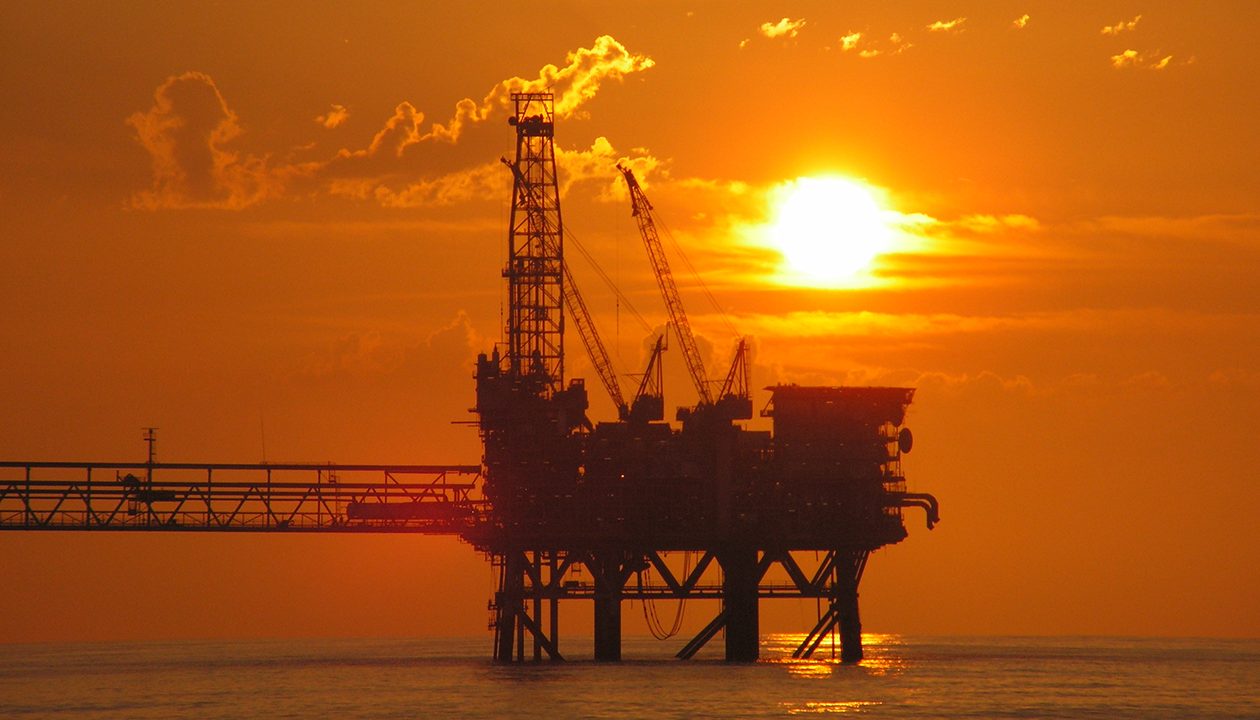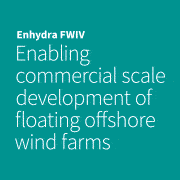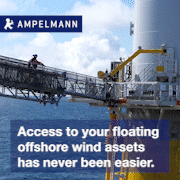Decommissioned offshore structures offer limited long-term ecological benefits if they are simply left in the ocean to serve as artificial reefs, a new study suggests.
The research, published in the journal Nature Sustainability, saw researchers carry out a comprehensive analysis of existing studies into the environmental impacts of marine artificial structures – including oil and gas platforms and offshore wind farms – all over the world.
It highlighted that such installations can offer some ecological benefits – including increasing the diversity and abundance of fish species – in areas where the seafloor was mostly comprised of sand.
However, there was limited conclusive evidence that oil and gas platforms and offshore wind farms could provide additional substantial benefits if they were left in the sea after being decommissioned.
In particular, the available evidence did not allow the researchers to draw clear conclusions on how the structures compare to natural rocky reef – which limits the ability to establish whether they can serve as artificial reef at all.
As a result, the researchers say more detailed investigations are needed into the best way to manage such structures at end-of-life, as repurposing them into artificial reefs may not provide the intended benefits.
The study was carried out by researchers at the University of Plymouth, Plymouth Marine Laboratory and the Centre for Environment, Fisheries and Aquaculture Science (Cefas).
They analysed data from more than 530 scientific studies on the effects of marine artificial structures in the sea. These ranged from oil and gas platforms and offshore wind farms established during the 20th and 21st century to accidental shipwrecks – some of which had lain on the seabed for over 400 years – and purpose-built artificial reefs.
It is particularly timely with global governments and other agencies setting targets of achieving net-zero emissions by 2050 as part of their decarbonisation agendas, resulting in the decommissioning of existing offshore platforms and the construction of thousands of new ones.
Dr Anaëlle Lemasson, Post-Doctoral Research Fellow at the University of Plymouth and the study’s lead author, said: “Many of the structures we see in the ocean today were put in place at a time when environmental considerations weren’t in people’s minds. There were also no legal requirements covering possible environmental impacts, or what might happen to these structures once they reached the end of their useful lives. That is certainly changing, and transitions away from fossil fuels mean it is vital we have this debate now. It is also critical that we learn lessons from the past, particularly at a time when increases in ORE installations are likely to result in more artificial structures being sited out at sea.”
The research was carried out as part of the Decommissioning – Relative Effects of Alternative Management Strategies (DREAMS) project. DREAMS is funded under the work of the INfluence of man-made Structures In The Ecosystem (INSITE) programme, a consortium of industry and academics looking at the ecological effects of manmade structures in the North Sea.
It uncovered a considerable amount of research looking at the impact of the structures in situ, however there was very little research demonstrating the direct effects of decommissioning (read more here).
The study’s senior author Dr Antony Knights, served as Co-Principal Investigator on the DREAMS project at the University of Plymouth. Now based at University College Cork, he added: “This study highlights just some of the challenges facing those working on the decommissioning of offshore structures. With limited existing evidence, it is almost impossible to give a definitive answer as to how best to deal with these platforms and other structures when they reach the end of their lives. For the time being, the best solution might be to deal with decommissioning on a case-by-case basis, but it is clearly something that needs addressing so it can be built into future development plans.”
Contact Information
Amy King
amy.king@plymouth.ac.uk
About the University of Plymouth
The University of Plymouth is renowned worldwide for its high-quality research, teaching and innovation. With a mission to Advance Knowledge and Transform Lives, the University drives the global debate in disciplines from marine and maritime to medicine, law, computing and climate action.
With a city centre campus and further state-of-the-art facilities spread across Plymouth and beyond, plus Devon and Cornwall’s stunning coast and countryside on the doorstep, the University provides a unique blend of urban and outdoor lifestyle opportunities for everyone who studies and works here. A three-time winner of the Queen’s Anniversary Prize for Higher and Further Education – most recently in respect of its pioneering research on microplastics pollution in the ocean – Plymouth consistently ranks among the world’s leading universities for its innovation, research and teaching in relation to the United Nations’ Sustainable Development Goals.
Plymouth’s teaching and learning excellence is reflected in one of the highest numbers of National Teaching Fellows of any UK university. With over 18,000 undergraduate and postgraduate students, plus a further 7,000 studying at partner institutions in the UK and around the world, and over 175,000 alumni pursuing their chosen careers internationally, the University of Plymouth has a growing global presence.




























